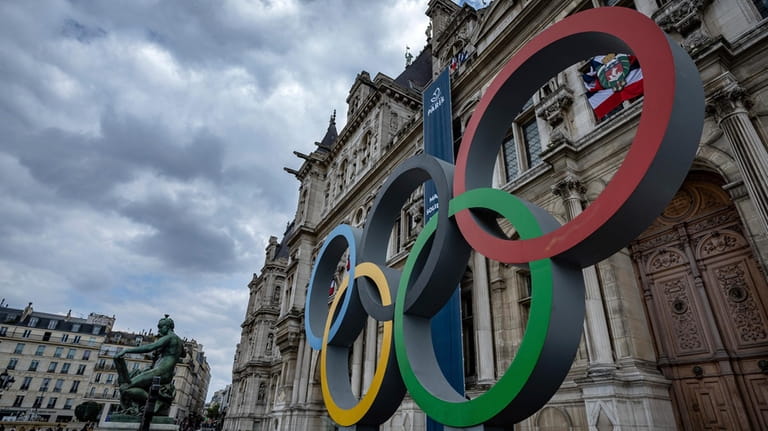
The Summer Olympics is one of the most prestigious sporting events in the world, bringing together athletes from around the globe to compete in a variety of sports. With a rich history that dates back to ancient Greece, the modern Summer Olympics have become a symbol of unity and sportsmanship. In this guide, we will explore the history of the Summer Olympics and take a closer look at the various events that make up this spectacular sporting extravaganza.
History of the Summer Olympics
The Summer Olympics have a long and storied history that can be traced back to ancient times. Here are some key points about the history of the Summer Olympics:
Ancient Olympics
- The ancient Olympic Games were held in Olympia, Greece, from 776 BC to 393 AD.
- Athletes from various city-states would compete in events such as running, wrestling, and chariot races.
- The ancient Olympics were held in honor of the Greek god Zeus.
Modern Olympics
- The modern Olympic Games were revived in 1896 in Athens, Greece, under the leadership of Baron Pierre de Coubertin.
- Since then, the Summer Olympics have been held every four years, with the exception of during World Wars I and II.
- The Summer Olympics have grown to become a global event with athletes from over 200 countries participating.
Events at the Summer Olympics
The Summer Olympics feature a wide range of sports that test the limits of human strength, speed, and agility. Here are some of the key events that you can expect to see at the Summer Olympics:
Athletics
- Includes track and field events such as sprints, hurdles, long jump, javelin throw, and marathon.
- One of the most popular and prestigious events at the Olympics.
Swimming
- Features a variety of swimming events including freestyle, backstroke, breaststroke, butterfly, and individual medley.
- Swimming has been a part of the Summer Olympics since the first modern Games in 1896.
Gymnastics
- Includes artistic gymnastics, rhythmic gymnastics, and trampoline gymnastics.
- Athletes perform graceful and daring routines on various apparatus.
Team Sports
- Popular team sports at the Summer Olympics include basketball, soccer, volleyball, and water polo.
- Team sports bring athletes together to compete as a cohesive unit.
Host Cities
Each edition of the Summer Olympics is hosted by a different city around the world. The host city plays a crucial role in organizing and hosting the Games. Here are some key points about the host cities of the Summer Olympics:
Rio de Janeiro, Brazil (2016)
- Rio de Janeiro hosted the Summer Olympics in 2016, marking the first time the Games were held in South America.
- The city showcased its vibrant culture and iconic landmarks during the event.
Tokyo, Japan (2020)
- Tokyo was set to host the 2020 Summer Olympics, but the Games were postponed to 2021 due to the COVID-19 pandemic.
- The city has a rich history of hosting major sporting events and is known for its technological advancements.
Paris, France (2024)
- Paris is set to host the 2024 Summer Olympics, marking the centennial of the last time the city hosted the Games in 1924.
- The city of lights is known for its art, fashion, and culinary scene, making it an exciting host for the Olympics.
Conclusion
The Summer Olympics are more than just a sporting event – they are a celebration of human achievement, perseverance, and unity. From the ancient Olympics in Greece to the modern Games that bring together athletes from all corners of the globe, the Summer Olympics continue to inspire and captivate audiences worldwide. We hope this guide has provided you with a deeper understanding of the history and events that make the Summer Olympics a truly special and unforgettable experience.
